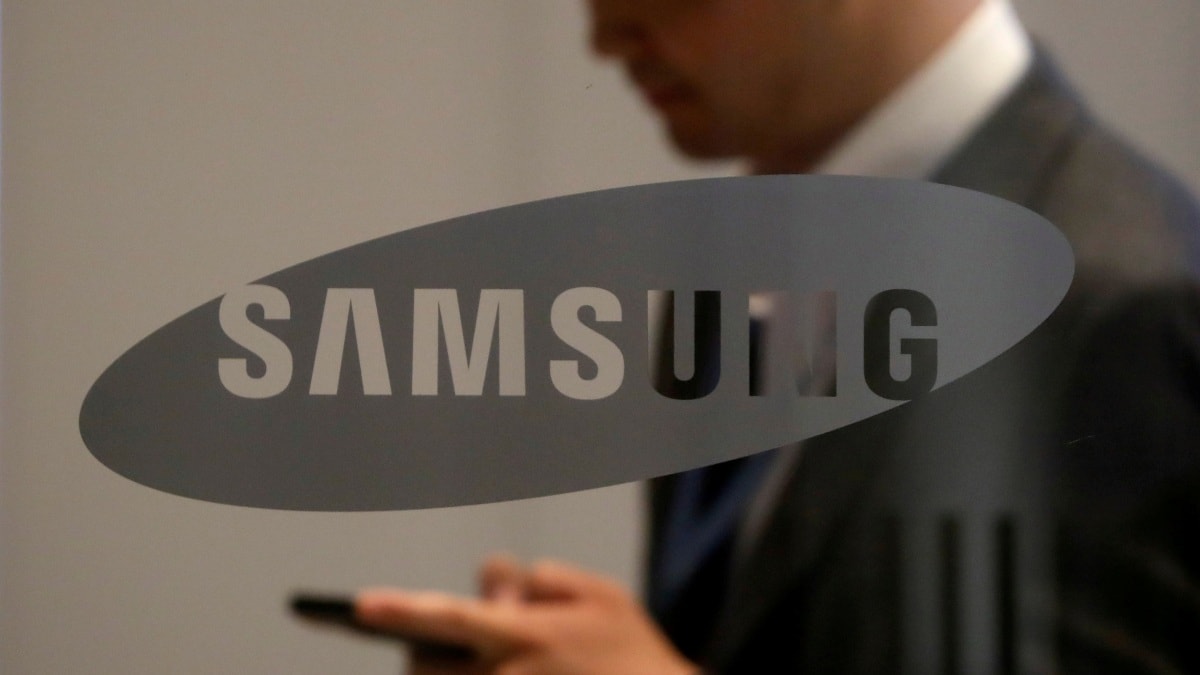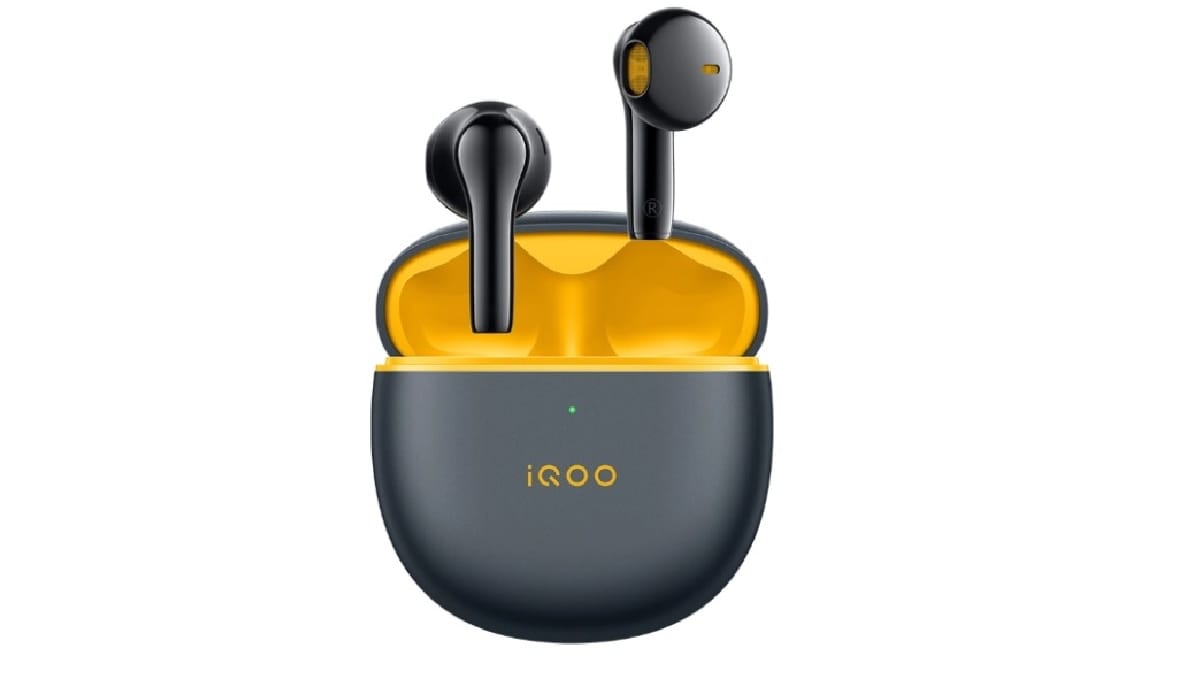Samsung Considers Replacing Google With Microsoft’s Bing as Devices’ Default Search Service: Report
Microsoft’s Bing may replace Alphabet’s Google as the default search service on Samsung Electronics devices, according to a New York Times report Sunday.
Suwon-based Samsung, the world’s leading smartphone maker, is considering making the switch, putting at risk roughly $3 billion (roughly Rs. 2,44,810 Crore) in annual revenue for Google, the report said. Bing’s threat to Google’s search dominance has grown more credible in recent months with the addition of OpenAI’s technology to provide ChatGPT-like responses to user queries.
Samsung shipped 261 million smartphones in 2022, according to IDC data, all running Google’s Android software. The Korean company has long-established partnerships with both Microsoft and Google, and its devices come preloaded with a library of apps and services from both, such as OneDrive and Google Maps. Negotiations are still ongoing and Samsung may yet decide to keep Google as its default provider, according to the report.
Google is working on several projects to update and renew its search services to avoid losing ground. Those include adding artificial intelligence features to its existing offerings, under a project named Magi, which has more than 160 people working on it, the Times reported.
Google is “excited about bringing new AI-powered features to search and will share more details soon,” Lara Levin, a Google spokeswoman, said in a statement. A Google representative did not comment on the company’s negotiations with Samsung. A representative from Samsung declined to comment.
Between its Samsung deal and one with Apple, which the Times report valued at roughly $20 billion (roughly Rs. 1,639,174 Crore) in annual revenue, the Mountain View, California-based search provider has a commanding market share in mobile devices in the US and much of the rest of the world.
Large language models, such as the one underpinning ChatGPT and the chatbot functionality in Microsoft’s Bing, are not new to Google. The company has been using LLMs to anticipate the intent of users’ queries, Google’s chief business officer said on the company’s fourth-quarter earnings call in February. Google is also rolling out Bard, its own chatbot search assistant, though doing so at a very cautious pace.
© 2023 Bloomberg LP
(Except for the headline, this story has not been edited by NDTV staff and is published from a syndicated feed.)
Check out our Latest News and Follow us at Facebook
Original Source







